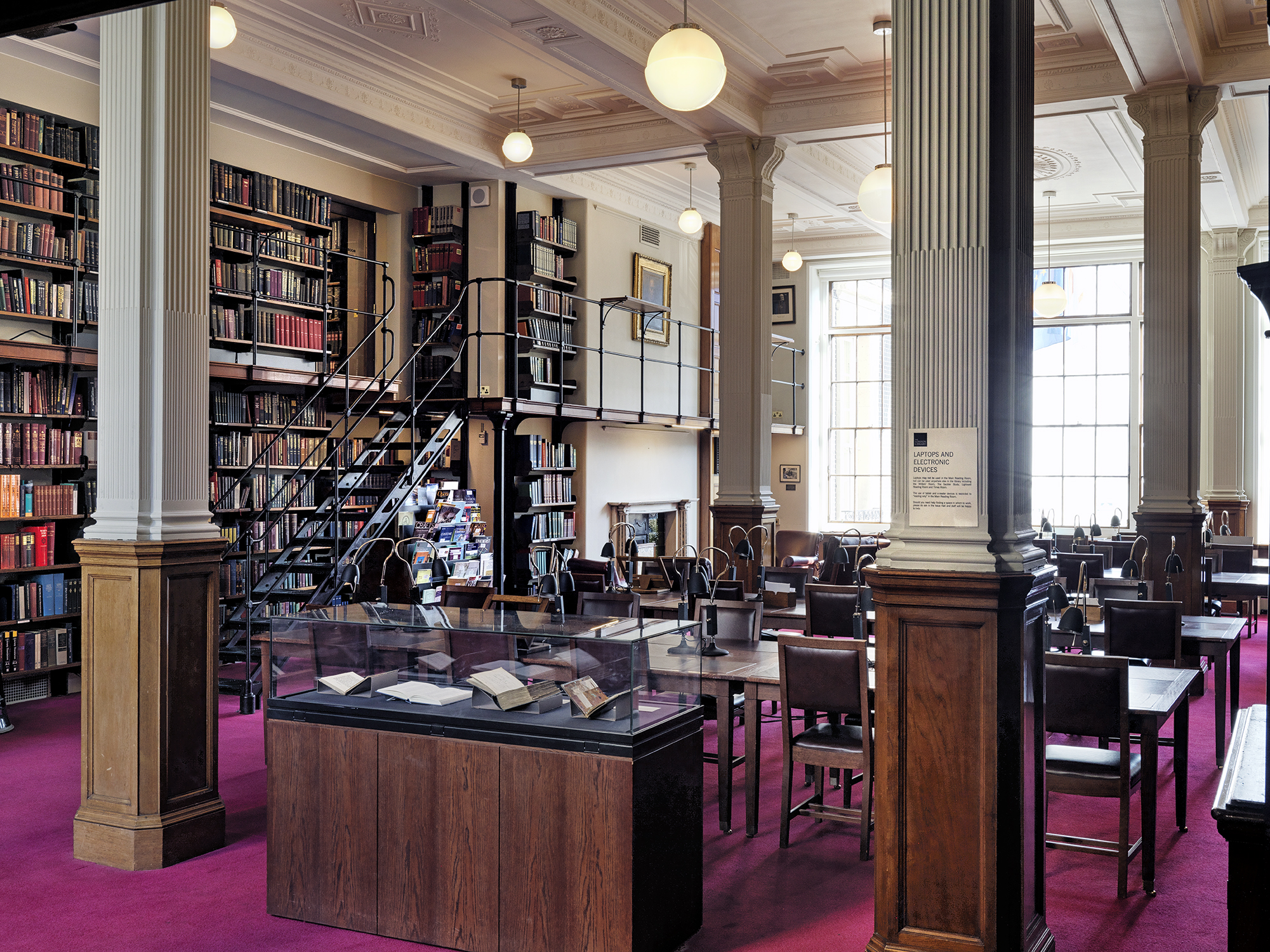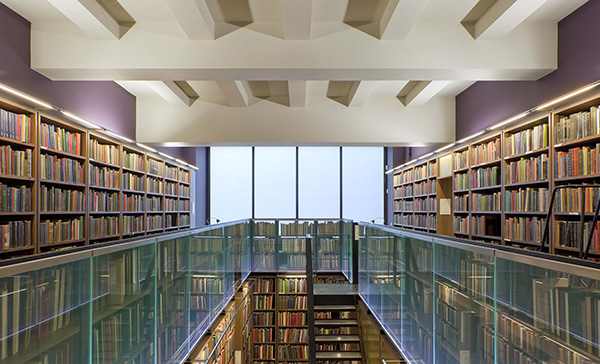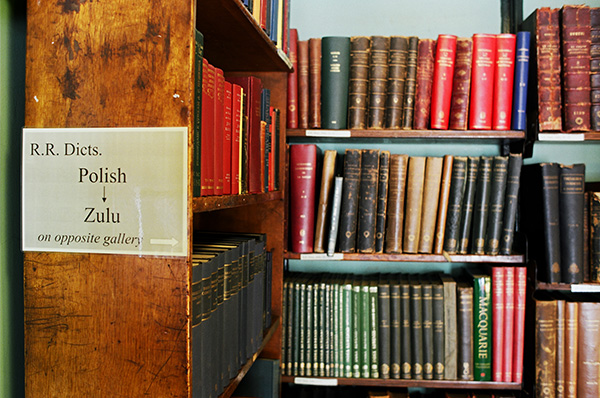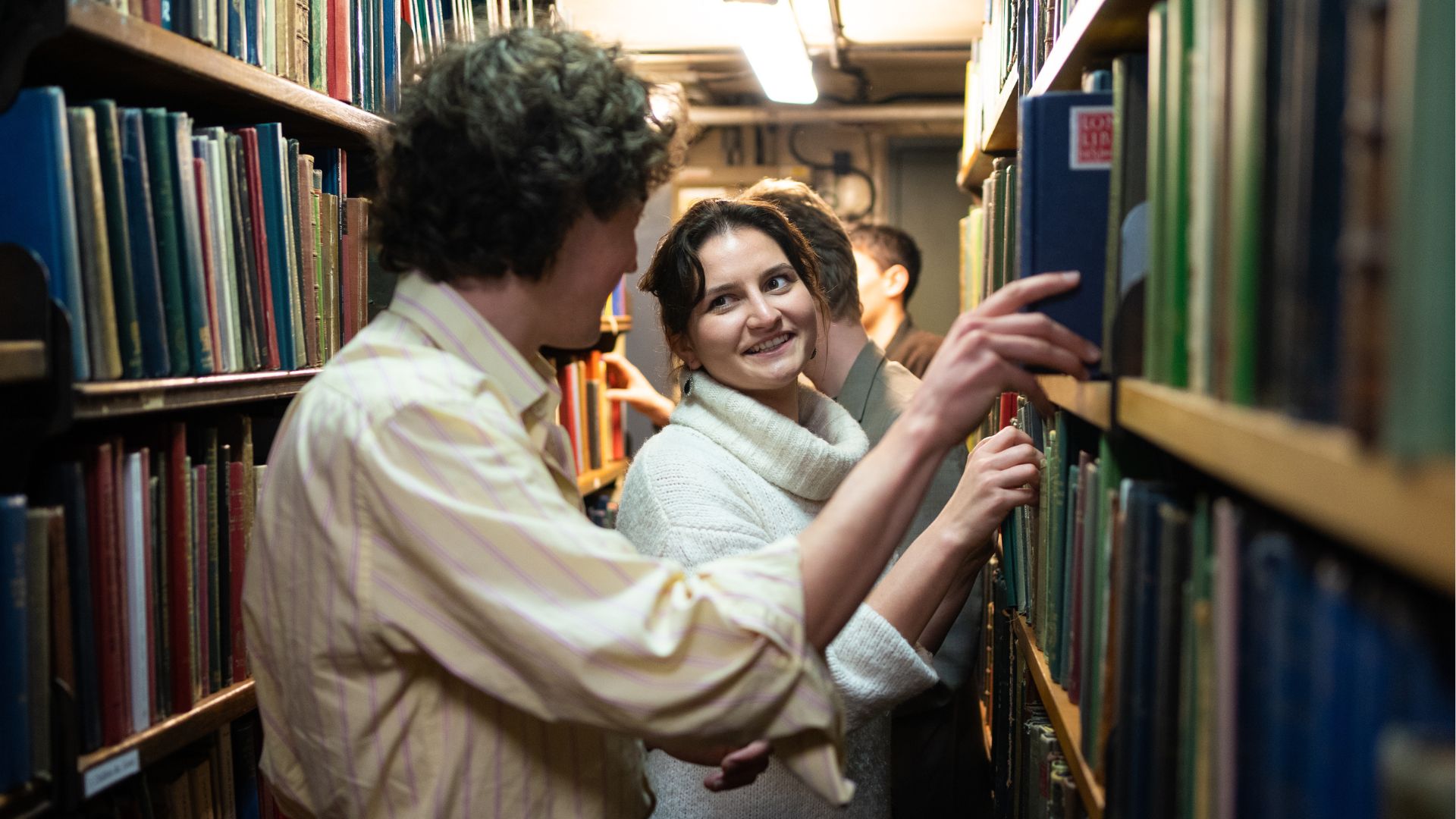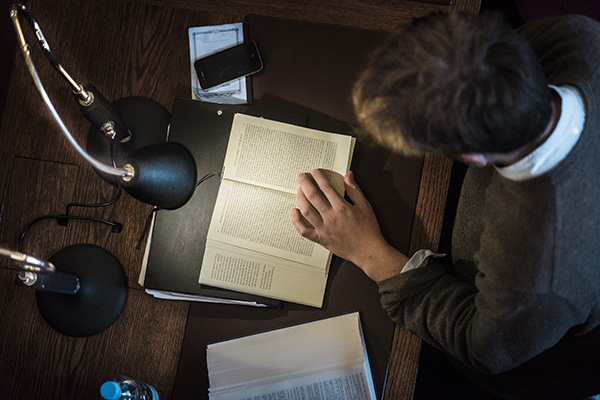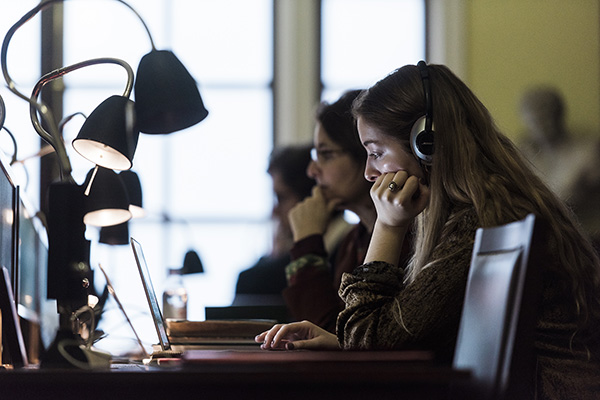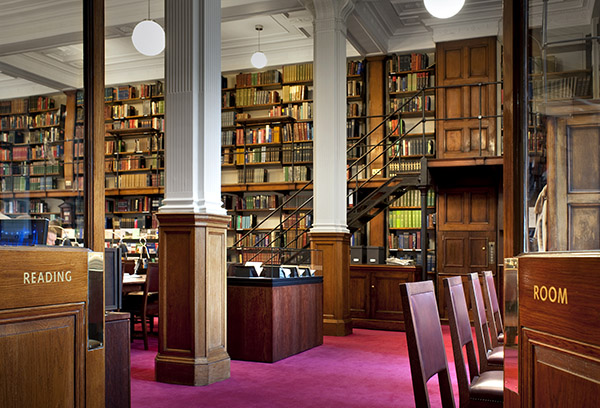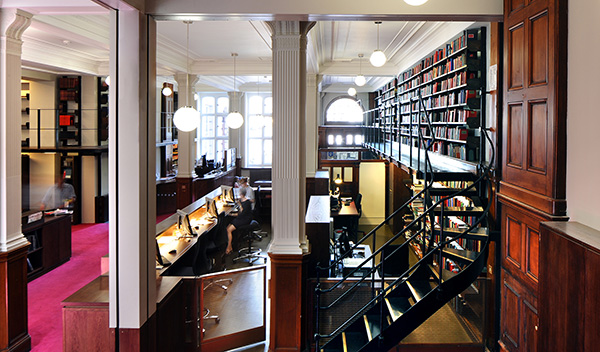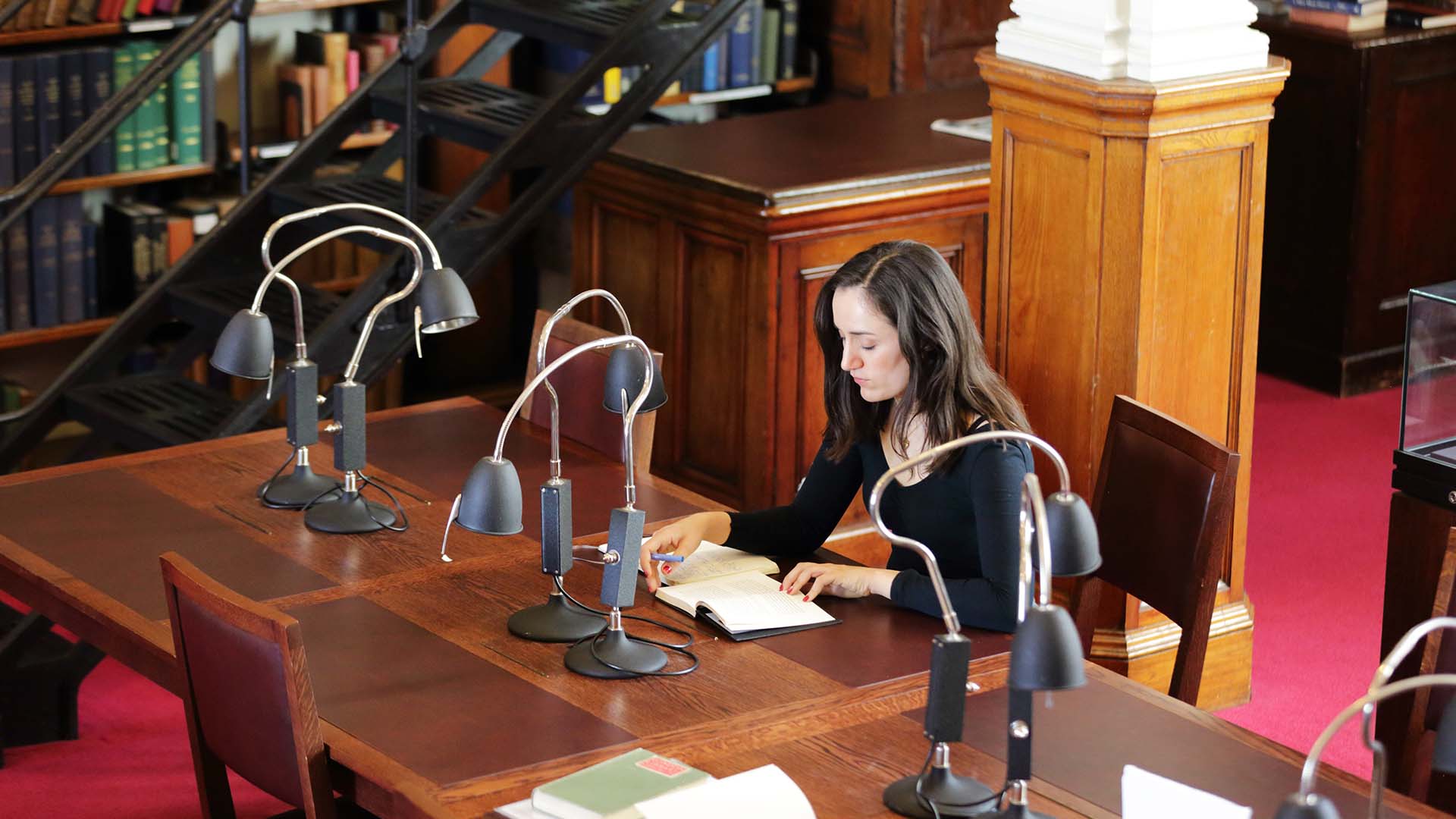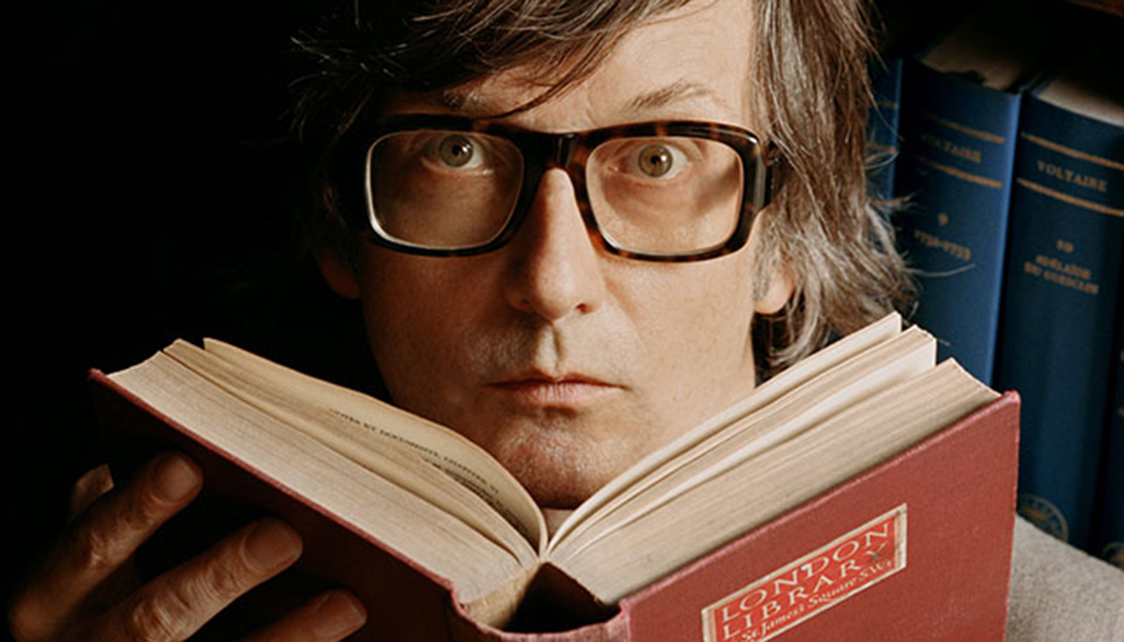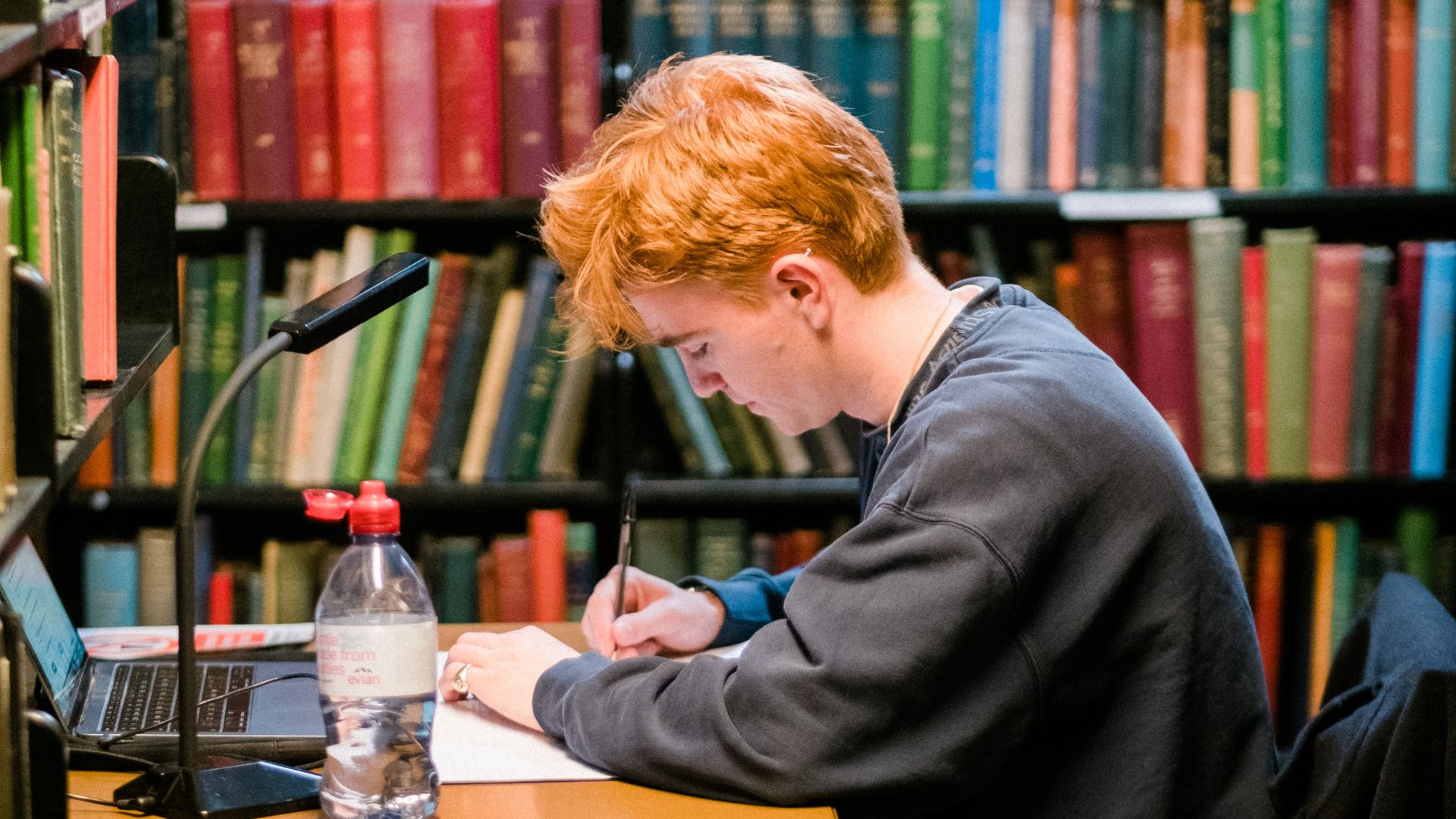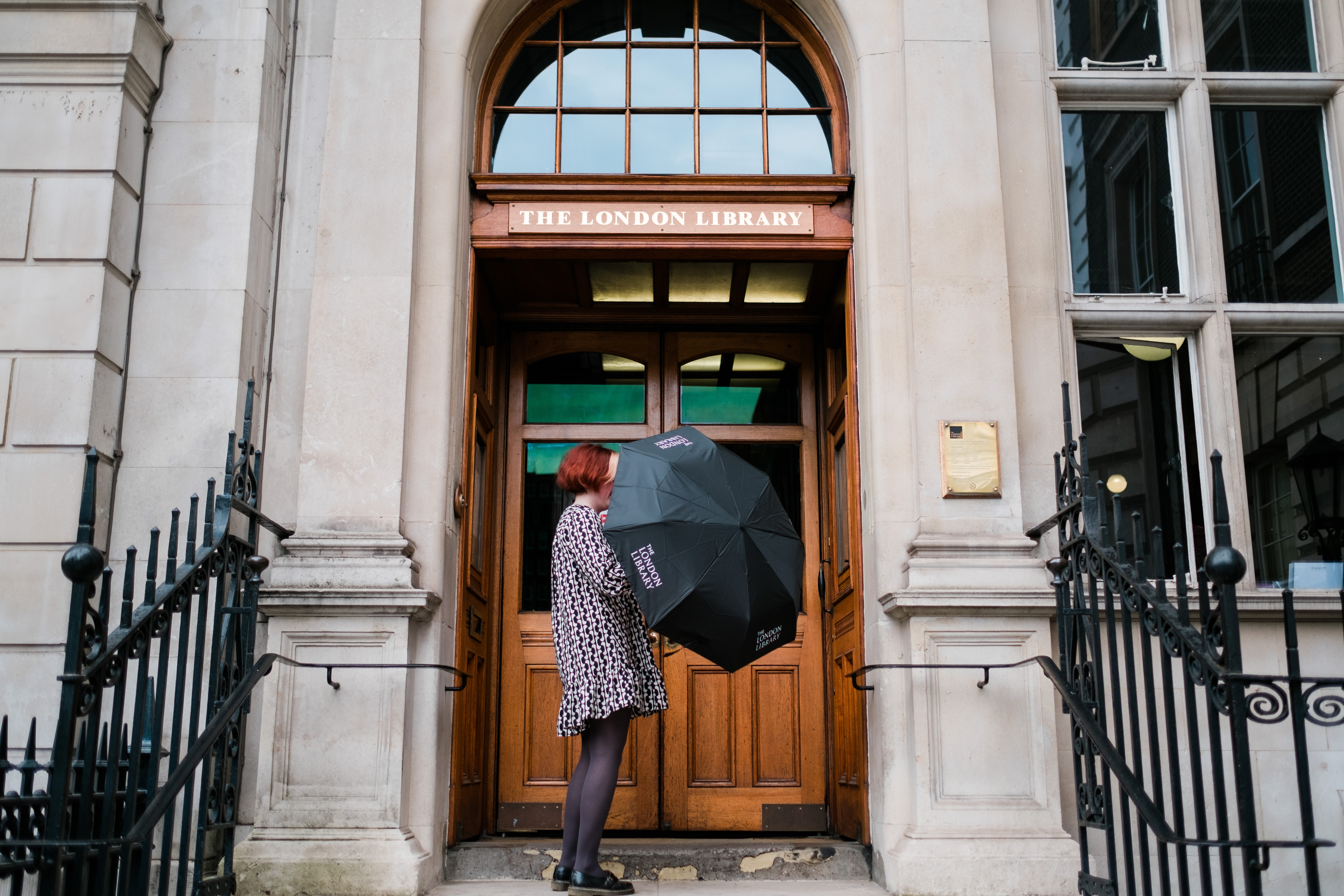Charles Hagberg Wright - "Guiding Genius" of The London Library
Sir Charles Theodore Hagberg Wright (17 November 1862 – 7 March 1940) was the Secretary and Librarian of the London Library from 1893 until his death. His 47 year tenure was marked by an extraordinary period of expansion and organisation that fundamentally shaped the Library that we find today and earned him the description as the Library’s “guiding genius” in the Times’ 1940 obituary.
Within only three years of his appointment he and then President Sir Leslie Stephen (Virginia’s Woolf’s father) had masterminded the complete refurbishment of Beauchamp House, the building in St James’s Square that the Library had acquired in 1879 but had rapidly outgrown. In 1896–1898 it was rebuilt. The façade, the Issue Hall, the Reading Room, and the grille floor bookstacks all date from this extraordinary period of transformation that was effected in just three years and that involved closing the Library to members for only three weeks!
Remarkably, while construction work was going on, Hagberg Wright embarked on a project of even greater complexity. Aided by just one full time assistant, he set about cataloguing the Library’s entire collection of close to 200,000 volumes. When his assistant died in 1901, Hagberg Wright took on the entire project himself. The result was a new Author Catalogue which was published in 1903. It was a remarkable achievement and well received. The Spectator remarked, however, that the “ideal catalogue would be one in which every book would be found under its author’s name and also under the subject to which it refers. This ideal is manifestly beyond human reach”. It was not beyond the reach of Hagberg Wright who with the assistance of CJ Purnell (later to succeed Hagberg Wright as Librarian), began the Subject Index in May 1905 and saw it published in 1909.
Hagberg Wright also oversaw the introduction of a new Shelfmark system that is still in use at the Library today. Its subject headings of History, Topography, Literature, Art etc are easily recognisable and intuitive. These are broken down into alphabetical sub-divisions giving rise to the glorious juxtapositions to be found in Science & Miscellaneous, where Pleasure, Poaching, Poisons and Police nestle together as closely as Wine, Witchcraft, Women and Wool.
“Looking back”, he commented, “I don’t remember any great difficulties but the work had to be done with method as the members had to be provided with books. All I really remember was that I worked hard and kept my eyes and fingers in touch with every book as it got rearranged…it was a big job. I was young, full of energy. It seems greater now than it looked then, but I daresay I could do it again.”
There was to be little let up. In 1921-22, an entirely new set of bookstacks was added – seven floors, again designed by architect Osborne Smith, featuring opaque glass floors rather than metal grilles.
More expansion followed in the 1930s as the Library’s collection approached 300,000 volumes. 9 Duke Street – the adjoining house that had provided office and staff accommodation from the 1880s - was completely rebuilt. The development saw the creation of the North Bay of the Reading room (now the Writer’s Room), the Art Room and the room now known as the Sackler Study.
In 1934 Hagberg Wright was knighted – he was four decades into a career that had seen the Library emerge as one of the world’s most revered libraries and had seen every aspect of its buildings and its operations overturned. It was a fitting realisation of the vision that had inspired Carlyle when he founded the Library nearly a century earlier in 1841. Sadly, Hagberg Wright didn’t live to celebrate that landmark – he died of bronchitis in March 1940, at the age of 78, employed to the end as Librarian of the institution to which he had given such extraordinary service.
Read more: Charles Hagberg Wright - "Guiding Genius" of The London Library
independent libraries conference, 25-27 september
The London Library is delighted to help host this conference which will bring together members of the Independent Libraries Association (UK) and the Membership Libraries Group (US) to look at shared experiences and insights around the following topics:
- Increasing access, engagement and membership
- Raising awareness, marketing and communications
- Fundraising from individuals and giving bodies
- Improving governance
- Staffing and volunteering
- Developing and caring for our collections
- Building improvement projects
The Event will be held at The East India Club, St James’s Square, SW1.
Tickets to Day One and Two include free entry to the Library's Partition Voices: Untold British Stories event with Kavita Puri on 25 September 2019. Full event details here can be found here.


